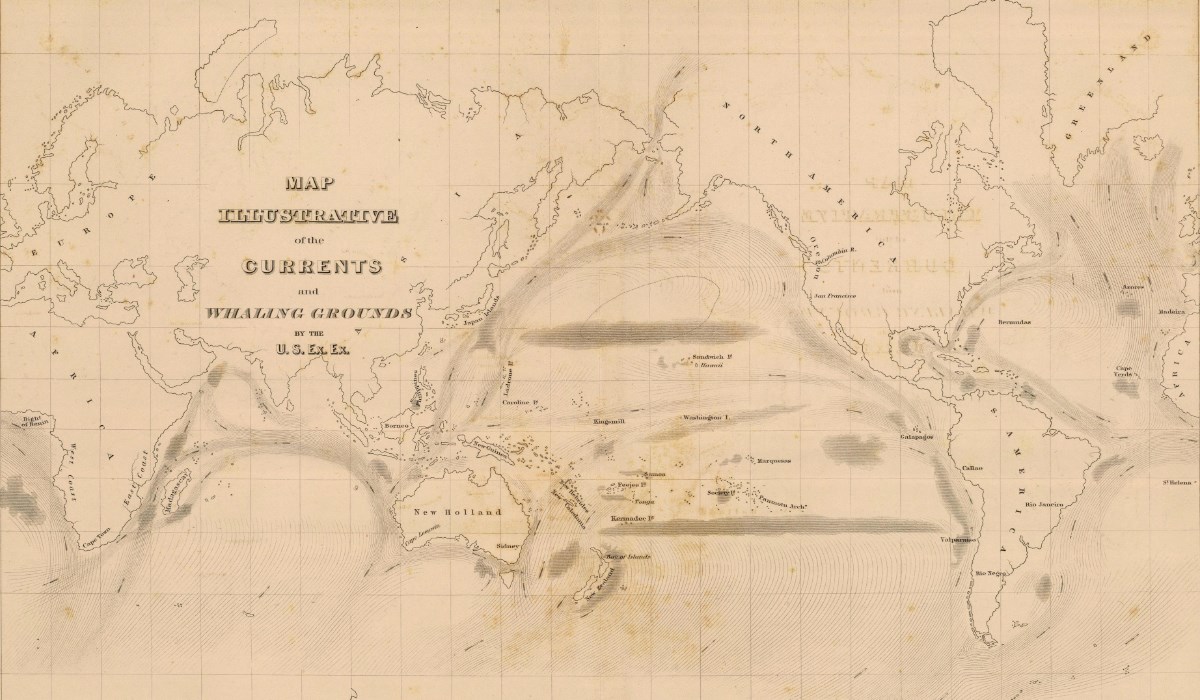
Science could provide both theoretical and practical knowledge, and could help Americans understand the landscape in which they lived and the wider world beyond. In the 50 years following independence, a number of institutions were founded to organize and disseminate scientific information. Franklin was one of the founders of the American Philosophical Society in Philadelphia in 1785, and a number of similar institutions sprang up in Massachusetts soon after. Natural history — the most prominent field of scientific study in the 19th century — depended on the observation and comparison of specimens from nature. This practice required large collections of prepared plants, animals, rocks, and minerals, and both two-dimensional and three-dimensional representations of geological formations and phenomena. It was natural that individuals and institutions looking to develop collections turned to whalemen. Whalemen traveled to distant and exotic locations in the course of a voyage, and had a long tradition of collecting souvenirs. A number of “cabinets of curiosities” with roots in the maritime trades had already become the nuclei of scientific collections. In the cabinet, ethnological artifacts were exhibited side-by-side with rock and shell collections, mounted birds, butterflies, small animals, and even items produced on shipboard by whalemen. Natural curiosities were distinguished from artificial curiosities, the latter being those things made by humans. The American Museum of Natural History in New York City actually published a broadside guide to making collections aimed at mariners. New Bedford whaling Captain Phillip Howland collected for the Boston Museum of Natural History, and Captain George Comer had a relationship with the Smithsonian and with the Anthropologist Franz Boas at Columbia University. Information on distant locations was also brought back to a curious government. The U.S. governemnt was not only poised to make diplomatic connections with other nations, but was also curious about the potential of expanding national borders across the continent. The American annexation of Hawaii, Alaska, and the Pacific coast states can be traced in part to the whalemen and traders who formed an active American presence in those places and in the adjacent waters long before an overland route to the west was feasible. |
Last updated: August 28, 2018
